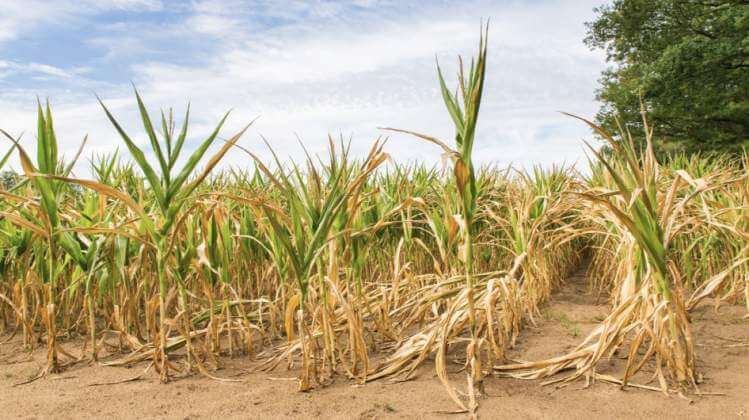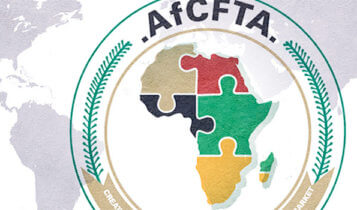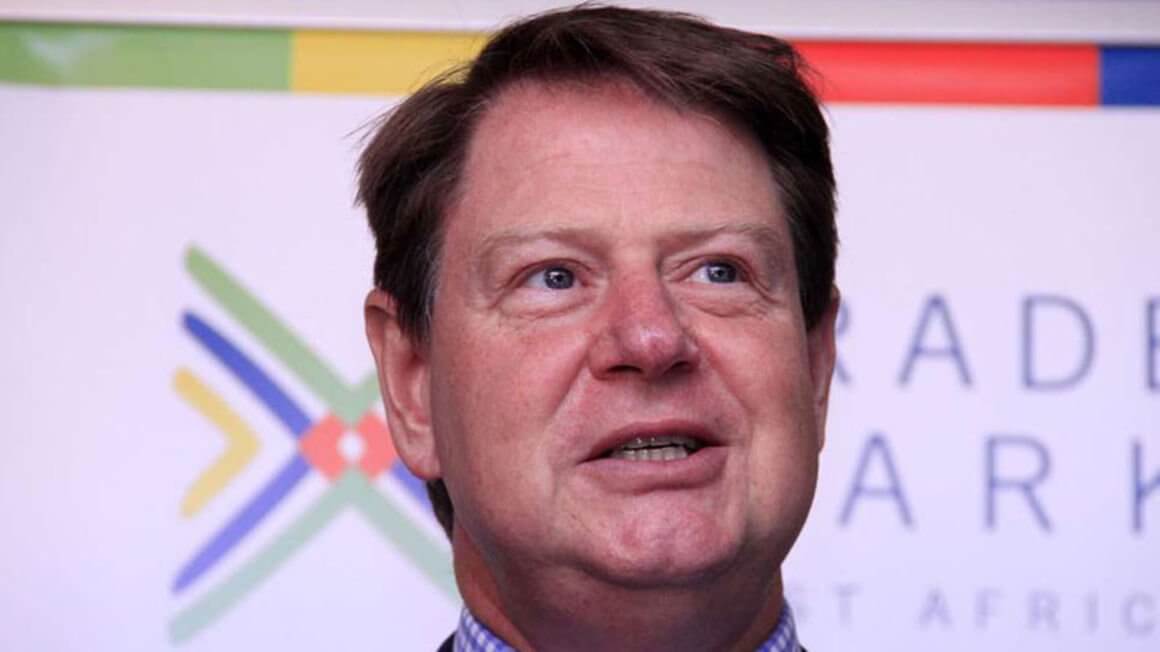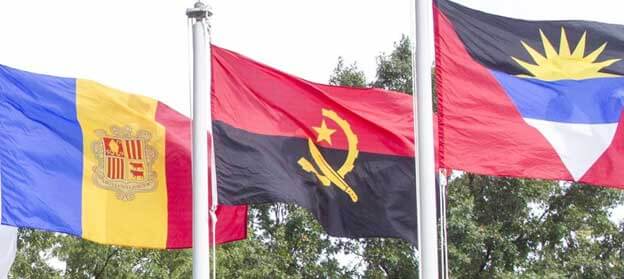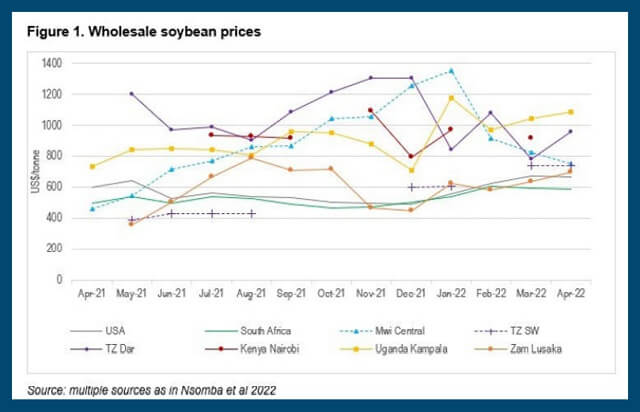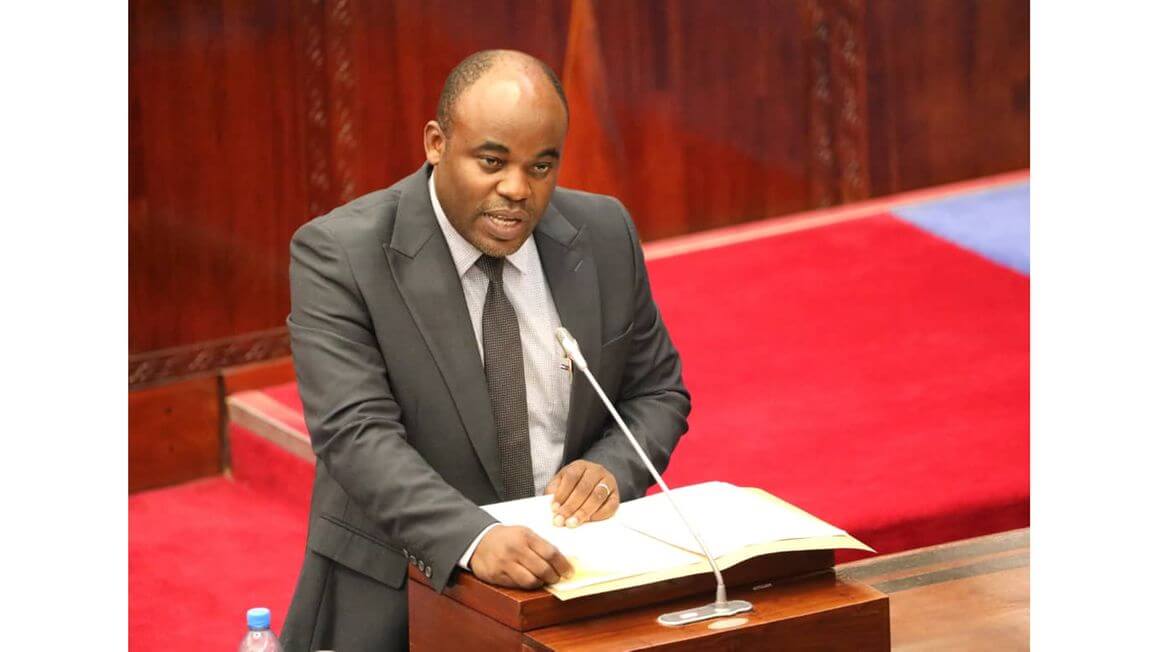Discover IOTA Use Cases with the IOTA Lighthouse Projects Dashboard This blog post gives an overview of IOTA’s role in different use cases and explains how its unique features contribute to several lighthouse projects. The solutions developed in these projects are suitable for any industry that requires transparency, immutability and secure data transfers. Our new project dashboard provides a comprehensive overview of the projects along with the IOTA wiki of the tools developed, free for anyone to use and replicate to continue building on IOTA. Gone are the days when IOTA’s catalog of projects could be summarized in a brief overview. Today, the Foundation is a crucial player in several public and private sector projects. Whether multi-year EU-funded collaborative research and development endeavors between a dozen organizations or projects carried out with a single partner, IOTA’s unique characteristics and frameworks make it an indispensable technology for different kinds of projects. The versatility of IOTA makes it suitable for any field, as demonstrated by the sheer diversity of use cases among its projects, including audit trails for supply chain processes, monitoring, and different kinds of marketplaces. These lighthouse projects are torchbearers for the adoption of a technology that offers integrity and verifiability of data and value exchange. To provide a comprehensive overview of IOTA’s lighthouse projects and demonstrate how its features are utilized, the Foundation has launched a new project dashboard. The dashboard includes a summary and key information about each project, such as consortium partners, timeline, and use cases, as...
Working with Trust, Integrity and Transparency
Posted on: June 9, 2022
Posted on: June 9, 2022


